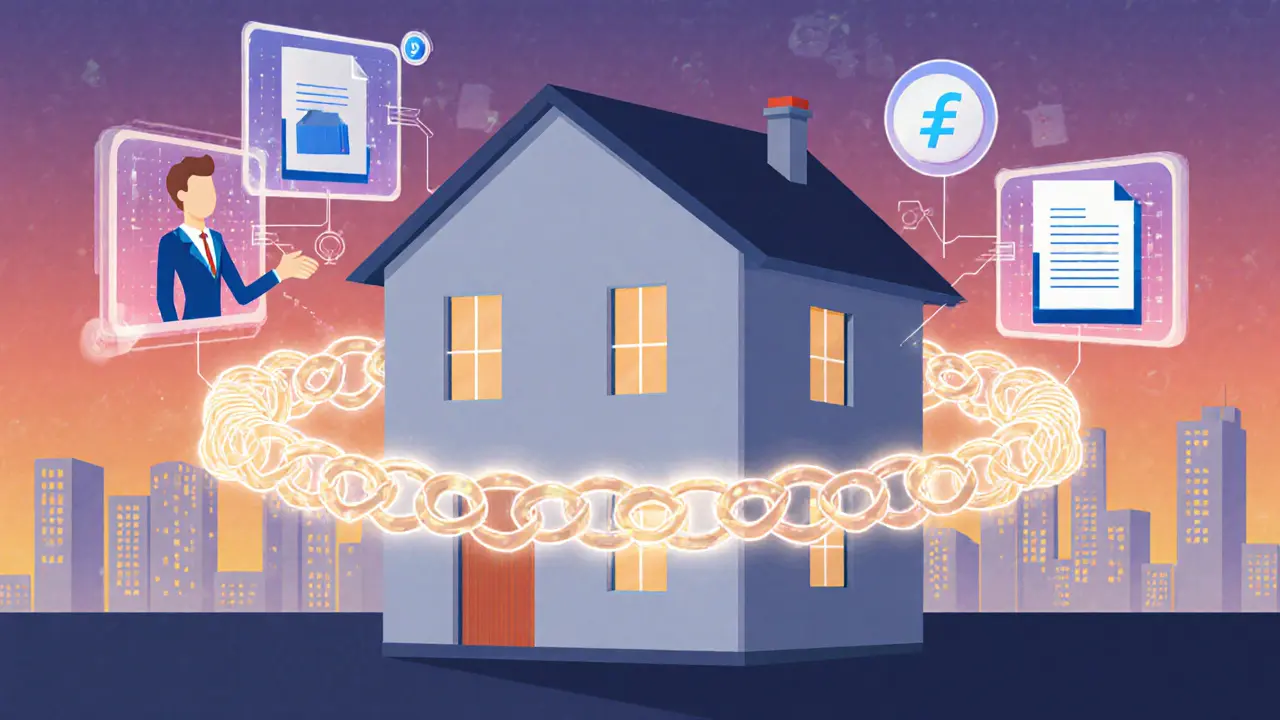Digital Property Transfer: How Crypto Changes Ownership in 2025
When you think of digital property transfer, the movement of ownership rights for assets using blockchain technology. Also known as tokenized asset transfer, it’s no longer just theory—people are using it to trade real-world value without banks, lawyers, or delays. Whether it’s a piece of land, a share in a business, or a crypto token like vBTC, a receipt token that represents Bitcoin on the BNB Chain, ownership is now coded into smart contracts that auto-execute when conditions are met.
This shift isn’t just about speed. It’s about control. In traditional systems, proving you own something means trusting third parties—title offices, notaries, clearinghouses. With blockchain asset transfer, a process where digital tokens represent ownership on a public, immutable ledger, you hold the keys. No middleman. No waiting. Just a transaction that happens when you say so. That’s why platforms like Mantle Staked Ether (METH), a liquid staking token that lets you earn ETH rewards while keeping your asset tradable exist—they turn locked assets into fluid, transferable property. Even in places like Cuba or Pakistan, where banks restrict access, people use crypto to send money, buy land, or trade goods because digital property transfer works where traditional systems fail.
But it’s not all smooth. Some tokens, like LAND, a nearly dead metaverse token with zero trading volume, show what happens when digital property has no real use. Ownership without utility is just a number on a screen. That’s why the best digital property transfers aren’t about hype—they’re about function. They connect to real systems: DeFi protocols that let you lend, borrow, or earn from your assets; regulated exchanges that verify identity; privacy chains like Secret (SCRT), a blockchain that encrypts transaction data by default, that protect who owns what. The posts below show you exactly how this works—what’s real, what’s fake, and which projects actually let you move value safely. You’ll see how people are using crypto to transfer ownership in ways banks never could—and how to avoid the traps that leave you with nothing but a dead token.
Smart Contracts for Property Sales: How Blockchain Is Changing Real Estate Transactions
Smart contracts for property sales use blockchain to automate ownership transfers, cut costs by up to 50%, and reduce closing times from weeks to days. Learn how they work, their benefits, and why adoption is still limited.
Details +